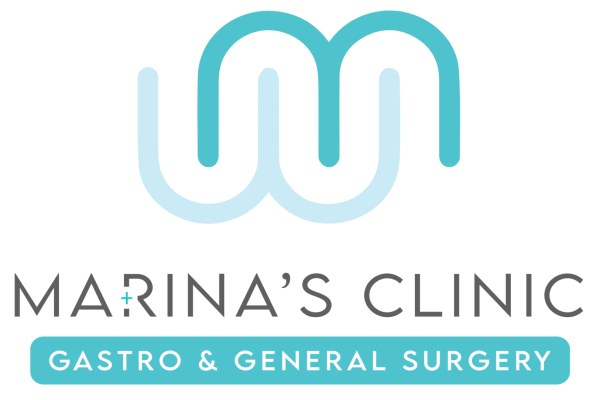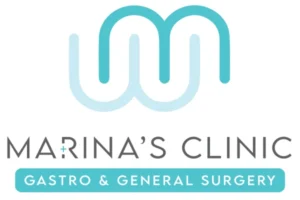TOP 5 CRUCIAL QUESTIONS TO ASK BEFORE CHOOSING LAPAROSCOPIC SURGEON NEAR ME

Choosing a surgeon for minimally invasive surgery (MIS), commonly known as laparoscopic surgery, is one of the most important health decisions you’ll make. While these procedures offer benefits like shorter recovery and smaller scars, your outcome depends heavily on your surgeon’s expertise. This guide provides the top high-value, patient-focused questions to ensure you select an experienced specialist, leading to better results.
What is Your Specific Experience with My Procedure?
The term “laparoscopic surgeon” is broad. You don’t just want someone who can do the procedure; you want someone who does it frequently and successfully.
Why It’s Matter?
“How many times have you performed my specific laparoscopic procedure, and what is your personal complication rate?” High volume (e.g., >50 per year) and a low complication rate indicate genuine mastery over the specific surgical technique required for your case. Laparoscopic appendectomy success rate.
“What percentage of your cases are done via minimally invasive surgery (MIS) versus open surgery?”
Specialists prioritize MIS, demonstrating commitment to modern techniques and patient benefits like reduced pain and quicker return to daily life. Minimally invasive surgery specialist.
On laparoscopic cholecystectomy (gallbladder removal) or laparoscopic hernia repair, not just general surgery statistics.
“Are you board-certified in a surgical specialty, and does that certification include specialized training in advanced laparoscopy?”
Are You a Board-Certified Specialist, and Where Do You Practice? Verification of credentials and hospital access is non-negotiable. This confirms that the surgeon meets established standards of safety and knowledge.
A certified surgeon affiliated with a top-rated surgical center or accredited hospital near [Your City/Location] often means access to the best technology and support staff. Always look for a specialist in your area with verified credentials.
Why it Matters:
Board certification ensures a standard of training. Their hospital privileges indicate that major, accredited facilities trust their skill and expertise, which is crucial if unexpected issues arise during the operation.
What are the Risks, and What is Your Plan if Conversion to Open Surgery is Necessary?
Even in the most skilled hands, no surgery is without risk. For laparoscopic procedures, the main safety concern is the need to convert to an open surgery.
“What is your conversion rate for this procedure, and what specific complications do you see most often?”
A low, but realistic, conversion rate shows the surgeon knows when to prioritize patient safety over adhering strictly to the MIS approach. Their ability to clearly explain the risks of minimally invasive surgery and their management plan demonstrates preparedness and transparency.
What is the Expected Recovery Timeline and Post-Operative Pain Management Strategy?
The promise of MIS is a faster recovery. Get clear, measurable expectations for your specific case to avoid surprises.
“When can I realistically expect to return to driving, work, and light exercise? What is your pain management protocol after discharge?”
Patients searching for:
“Laparoscopic surgery recovery time” needs practical, personalized advice. A great surgeon will outline a multimodal pain plan (using a combination of non-opioid and opioid pain relief) to minimize discomfort and speed up your return to normal life.
Asking for a post-laparoscopic surgery recovery checklist addresses direct user needs and may help the blog post appear as a rich snippet.
What are the Alternatives to Laparoscopic Surgery?
An ethical and skilled surgeon will confirm that surgery is the best and only necessary treatment option for you.
“Are there any non-surgical treatments, medication, or lifestyle changes that could effectively treat my condition instead of surgery?”
Why it Matters:
That the surgeon is acting as a health consultant, not just a technician. It ensures you have informed consent by considering all viable avenues, confirming that the benefits of the minimally invasive approach outweigh the benefits of alternatives.
Take actions:
Surgeon
When searching for the best laparoscopic surgeon, use these questions to guide your consultation. Combine your procedure name with a geographical keyword-e.g., “Best Laparoscopic Hernia Surgeon in [Your City]”-to find a highly qualified specialist nearby who is committed to patient education and safety. Your health is worth the research!
Recent Posts
-
Expert Tips for Eating Well After Weight Loss Surgery04 Mar 2026
-
The Role of Nutrition in Mental Health: What to Know10 Feb 2026
-
Thyroid Disorders Explained: From Symptoms to Treatment Options in Chennai02 Feb 2026
-
Why Minimally Invasive Surgeries Are Becoming the Top Choice in Chennai26 Jan 2026
-
Weight Loss Surgery Explained: Types, Benefits & Who Is Eligible19 Jan 2026

